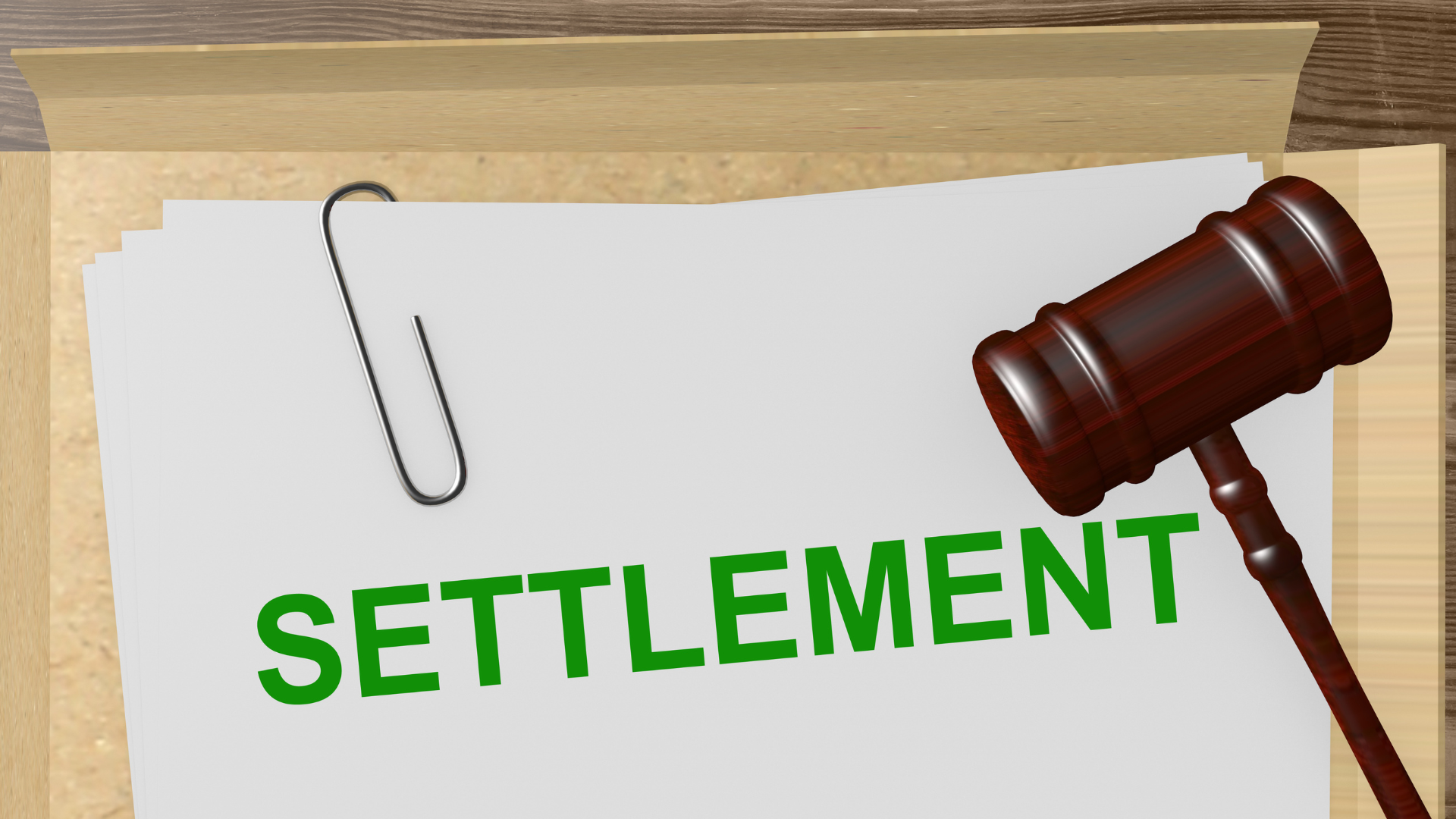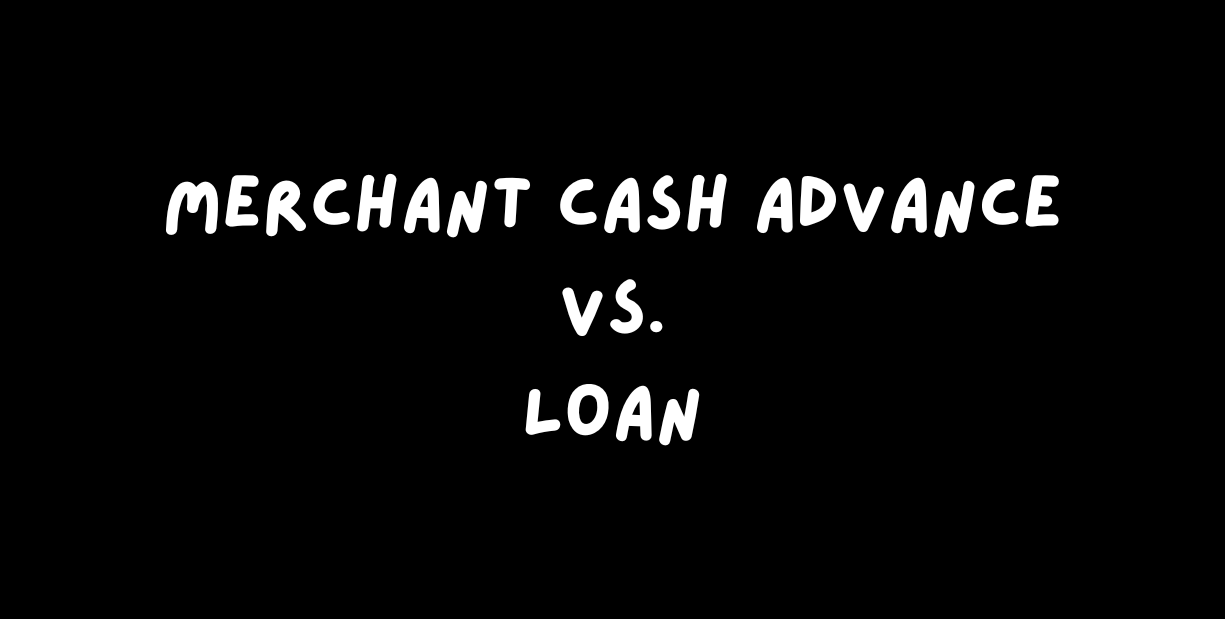Understanding Chapter 13 Bankruptcy: A Comprehensive Guide
when filing for chapter 13 bankruptcy, a person must

Introduction to Chapter 13 Bankruptcy
When financial storms hit, finding a safe harbor is crucial. Chapter 13 bankruptcy might just be that safe harbor for many. But what exactly is it? Often referred to as a "wage earner's plan," Chapter 13 allows individuals with regular income to develop a plan to repay all or part of their debts. Unlike Chapter 7 , which liquidates your assets, Chapter 13 focuses on restructuring your debt.











